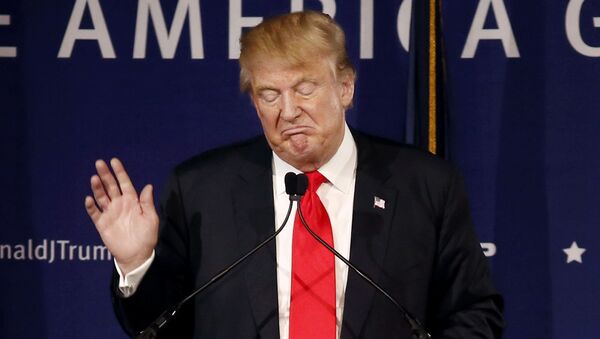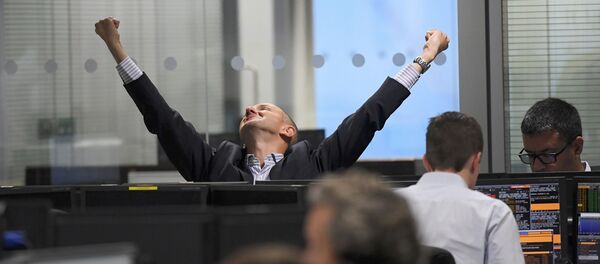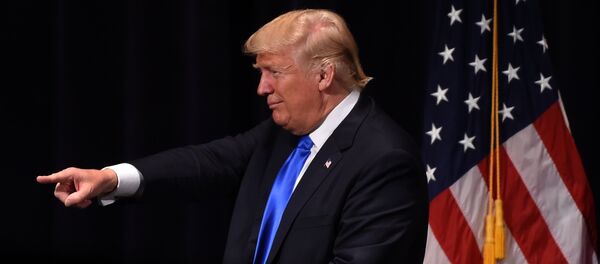Most recently, select members of Trump’s transition team have made several statements which reveal the general framework of the looming shifts in US economic policy. David Malpass, senior economic advisor on the team, said that the central bank’s asset buyouts "have been very harmful", and that the Fed "needs to communicate a plan for downsizing its balance sheet."
In other words, the practice of the Federal Reserve buying bonds in the open market over the period of 2009-2014, paid for with the emission of dollar liquidity and other central bank tools, resulted in an unhealthy expansion of the Fed’s balance sheet. Over the aforementioned period, the total value of the US central bank’s assets had inflated to $4.5 trln from roughly $2 trln, resulting in the Fed’s increased interference with the economic activity.
"It is way past time for the Fed to commit to a credible, verifiable monetary policy rule, to systematically shrink its balance sheet and get out of the business of picking winners and losers in the credit markets," said House Financial Services Committee Chairman Jeb Hensarling.
Hensarling (R, TX) is known for his work on the C.H.O.I.C.E. Act, a proposed legislation that might replace the Dodd-Frank banking regulation.
Judy Shelton, another Trump adviser on the economy, said on 11 November that the Fed has provided cheap money liquidity to "wealthy investors, and corporate borrowers and even big government" rather than "the average person with just a bank savings account."
Of course, the bitter pill of the Obama administration's harmful economic policies (a t least for everyday-Americans) has been sweetened by the ultra-affordable consumer credit and mortgage rates, resulting in the volume of household indebtedness having skyrocketed. In particular, the rate of delinquencies in the $1-trillion auto market, has risen by 22pc year-on-year to 4.88c in July 2016, and has kept climbing.
As for the regulation, one of the US primary open-market watchdogs, the Securities and Exchange Commission (SEC) is in for substantial changes. First of all, there is rife speculation that Trump is going to appoint Republican Paul Atkins, the founder of Patomak Global Partners, a company specialising in governmental regulation advice, as new SEC chairman. Atkins is also a former SEC Commissioner.
Under the new leadership, SEC will likely loosen much of its current regulatory framework, switching its mode of operation from risk-prevention for the sake of greater stability to promoting supervised risk-taking in the corporate sector for the sake of higher business activity.
For example, corporate auditing rules might be relaxed as the process is very complex and highly-bureaucratised in its current state.
"I expect that a new Chair will refocus the Board’s standard-setting agenda on the core audit function," Scott Kimpel, a partner with Hunton & Williams said. "I would expect a return to the basics."
Besides, SEC penalties imposed on companies for misconduct will likely decline and become more flexible, allowing for corporations to be penalised without putting them out of business. New equity trading rules, already designed by Atkins in the form of a draft, are aimed at an improved true price discovery of stock assets, thus lowering the degree of ‘casino capitalism’ that has long dominated Wall Street.
With all the impending changes on the monetary policy and regulation side, a shift of gears in the economic growth model is likely to commence prior to the inauguration on 20 January. Whether the Trumponomics will be a comprehensive pivot to the supply-side, will become more apparent after the new administration unveils the scale and primary dimensions of its fiscal stimulus.







